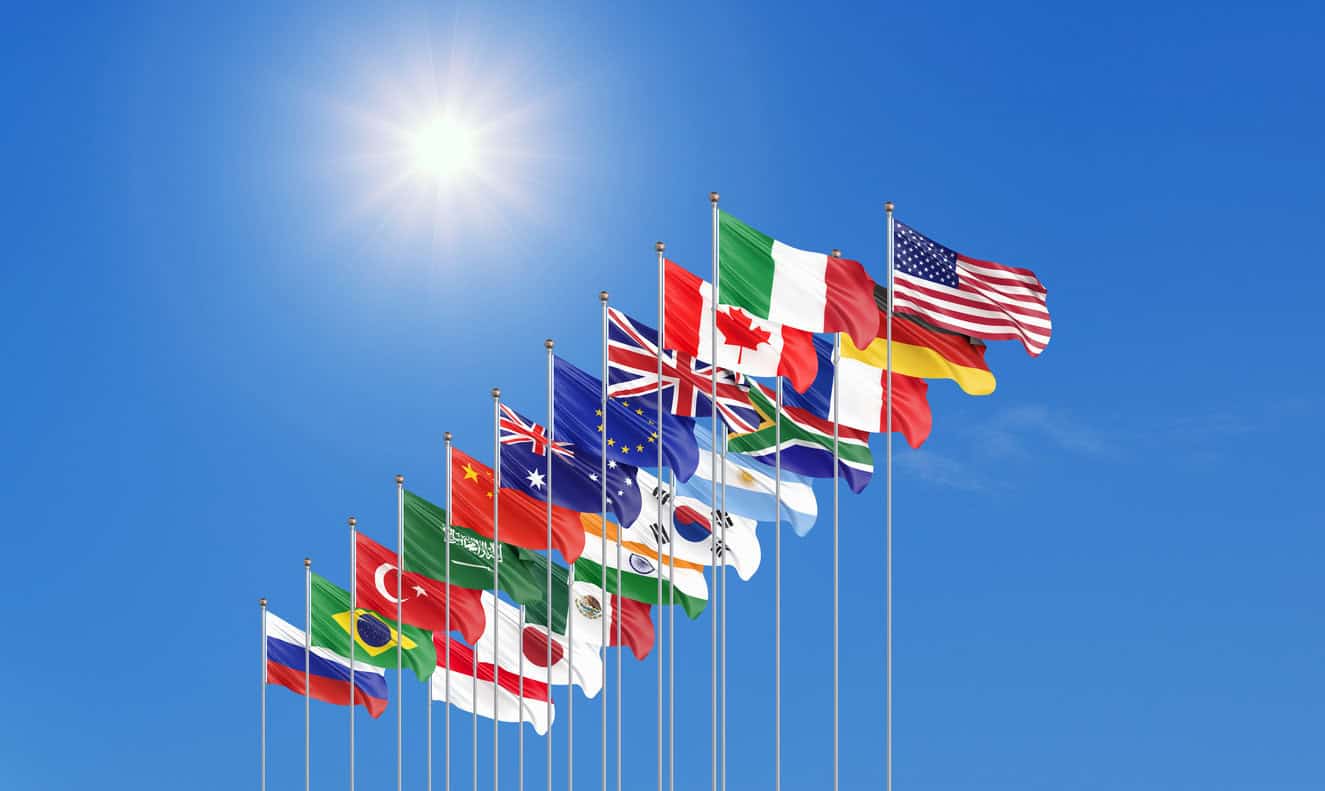South Africa’s G20 presidency puts Africa in a powerful position to influence global economic priorities.

The G20 has become an important forum to advance the interests of Africa, despite the fact that the continent was only granted representation on this global economic and financial forum in 2023, when India took over its presidency.
The African Union’s (AU) acceptance as a member of the G20 on par with the European Union (EU) came after strong lobbying by, in the main, South Africa and India.
Now that the AU is firmly in the G20 camp and as the countdown to the 2025 G20 summit in Johannesburg under South Africa’s chairmanship begins, Africa will have a voice in shaping global economic and financial policies.
The AU, with the support of countries like India, Brazil and China, will also ensure that the G20 advances the cause of the global south and not just the advanced economies of the world.
It will also have a say in finding solutions to the challenges facing the world, such as climate change, sustainable development and health.
The AU’s inclusion in the G20 also means Africa can lobby for policies to advance continental interests, particularly Agenda 2063, the AU’s strategic framework for the socioeconomic transformation of Africa over a 50-year period, from 2013 to 2063.
This is a blueprint for an integrated, prosperous and peaceful Africa.
With all the original Brics member countries (Brazil, Russia, India, China and South Africa) being part of the G20, the Group of Twenty has become an influential forum for amplifying the continent’s voice.
India and South Africa have been particularly vocal in advancing the AU agenda through a combination of south-south cooperation, bilateral initiatives and their roles in the G20 and Brics.
ALSO READ: G20 delegates first to test Home Affairs’ Electronic Travel Authorisation system
Both countries are focused on shared development goals and have been jointly promoting economic growth, stability and the interests of Africa and the developing world.
New Delhi and Pretoria have identified the high debt burden borne by the African and developing countries as a stumbling block to their development and are campaigning for the issue to be addressed.
President Cyril Ramaphosa raised the issue during the launch of South Africa’s G20 presidency, saying: “A key obstacle to inclusive growth in developing economies, including many in Africa, is an unsustainable level of debt which limits their ability to invest in infrastructure, health care, education and other development needs.
“Building on G20 initiatives undertaken in recent years, we will seek to advance sustainable solutions to tackle high structural deficits and liquidity challenges and extend debt relief to developing economies.
“We will also seek to ensure that the sovereign credit ratings are fair and transparent and to address high risk premiums for developing economies.”
Indian Prime Minister Narendra Modi expressed similar sentiments during his country’s presidency of the G20: “Financial viability of many countries is threatened by unsustainable debt levels.
“It is now up to you, the custodians of the leading economies and monetary systems of the world, to bring back stability, confidence and growth to the global economy,” he said.
India and South Africa have displayed a shared interest in advancing the cause of developing countries, including African nations, through cooperation in a wide range of economic and commercial issues.
ALSO READ: ‘They shouldn’t even be in the Gs anymore’: Trump takes fresh shots at SA over G20
South Africa has actively integrated AU goals into its national development and is using its G20 presidency to champion the agenda, advocating for Africa’s development on the world stage.
It has aligned its foreign policy and the National Development Plan with the AU’s Agenda 2063, translating its goals into policy and implementation.
On the other hand, India has been fostering cooperation through investments in education, technology and diplomacy, treating the AU as a key partner.
New Delhi has elevated its relationship with the AU, working towards south-south cooperation and treating the AU as a full partner in forums like the G20.
India is also making direct investments in Africa to support Agenda 2063’s goals through, for example, setting up offshore campuses for the Indian Institute of Technology in Zanzibar in a bid to build a skilled workforce.
This India-South Africa partnership is framed by a shared vision of a prosperous and united Africa, building on historical ties and mutual respect.
NOW READ: Brics leaders slam US tariff ‘blackmail’ as Ramaphosa warns of hardship






